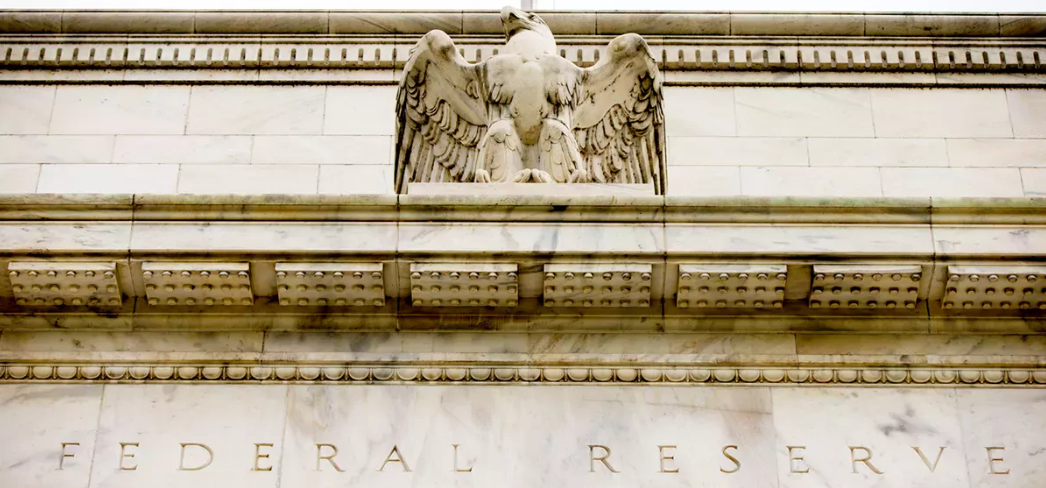
François Christen
Chief Economist
Despite persisting inflation, weaker economic conditions should prompt the ECB to adopt a cautious stance.
Original article published in French on agefi.com

The vacations are over for the ECB’s Governing Council, due to reconvene on Thursday. The outcome of the meeting is uncertain, as the Bloomberg poll shows. A slim majority is in favor of the status quo, but a minority of almost 40% of those polled expect all three key interest rates to be raised by 0.25% (which would take the deposit rate to 4%).
Whatever happens, the statement and Christine Lagarde’s remarks at the press conference will emphasize the need to restore price stability. Far from being under control, inflation is still running above the ECB’s 2% target. A further increase in euro interest rates is therefore likely, but it is possible that the central bank will grant itself a pause to gain a better grasp of inflationary dynamics and take stock of the concrete effects of the deterioration in the business climate observed over the summer.
Ahead of the ECB’s decision, the euro interest rate structure shifted upward. The yield on the 10-year German “Bund” has risen back above 2.6%, while that on the 2-year “Schatz” is around 3.1%. The sharp inversion of the euro yield curve foreshadows the end of the rate hike cycle in the near future, and a change of course by the ECB as early as 2024.
In the USA, the dollar yield curve has started to rise again, taking the yield on the 10-year T-Note to around 4.3%. The upturn in the ISM services index (54.5 in August after 52.7 in July) reflects a strengthening of activity and ongoing inflationary pressures (the price sub-index rose to 58). The decline in jobless claims (216,000 according to the latest weekly reading, the lowest since February) continues to reflect a tight labor market, in contradiction with the latest employment report.
The week ahead promises to be an eventful one. Wednesday’s inflation figures will be the main focus of attention. A moderate rise in consumer prices, confirming the trend seen in June and July, would reassure investors that the cycle of interest rate hikes led by the Federal Reserve is over. We are not, however, sheltered from an unpleasant surprise that could add fuel to the fire of the FOMC’s hawks.
We’ll also be keeping an eye on retail sales and industrial production, both of which surprised on the upside in July and rekindled hopes of a “soft landing” for the USA. The emergence of signs of moderation should prompt the central bank to adopt a more cautious wait-and-see stance, which could last several months before leading to an easing of monetary conditions during 2024.










